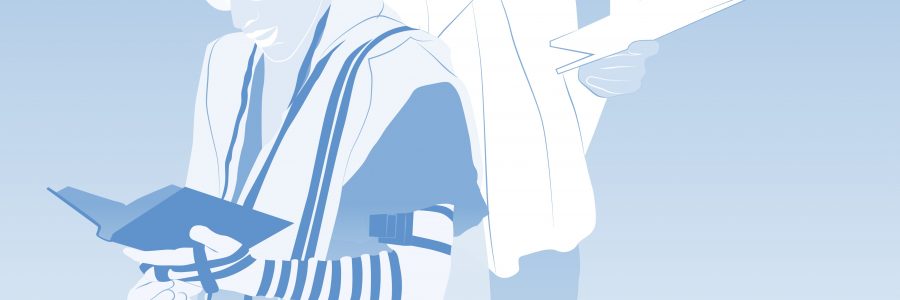Im blauen Ganzkörperanzug erstaunt und bezaubert die Anti-Heldin Seconda nicht nur, sondern irritiert auch. Die 32-jährige Tänzerin leidet an Agoraphobie und fürchtet sich vor offenen Räumen. Als ihre Mutter stirbt und ihr Vater auszieht, ist Seconda plötzlich auf sich alleine gestellt und gezwungen, ihre Ängste zu konfrontieren. Sie findet ihren Weg und überrascht mit quirligen Einfällen und lustvollem Spiel.
Humorvoll zeichnet die Regisseurin Klaudia Reynicke das Portrait einer jungen Frau, die scheinbar unüberwindbare Hürden auf originelle Weise überwindet.
« Die ironische und brillante Erforschung einer verirrten Seele » Corriere del Ticino
« Eine originelle und wilde Hymne an das Leben » laRegione
« Eine realistische und zugleich metaphorische Erzählung » La Sicilia
« Ein unfassbar einzigartiger Film » Cinema Axis
« Schmerzhaft schön » The Matinee
« Eine eigenartige und charmante Reise in die Isolation » Cinevue


